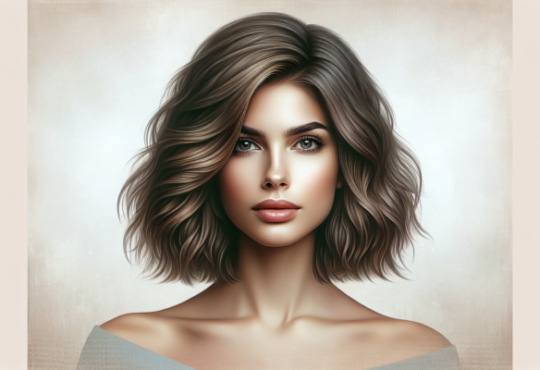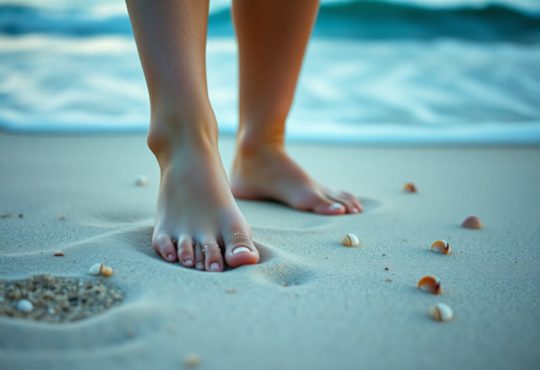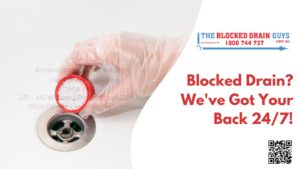
Sailrite Fabricator or Juki 1541? Which Is Better
Sailrite Fabricator vs Juki 1541
Do you wish to compare the Sailrite Fabricator to the Juki 1541? You have several options if you require an industrial sewing machine because you commonly work with textiles such as leather, upholstery, or canvas.
In fact, industrial sewing machines have all of the components required to create marvels such as furniture, draperies, leather goods, and awnings, to name a few. Two of the most popular sewing machines for this purpose are the Sailrite Fabricator and the Juki 1541. Both are high-tech, cutting-edge pieces of equipment that make working with these materials a snap.
If you’re trying to decide between the Sailrite Fabricator and the Juki 1541, you’ve come to the right place. The information about each of these great sewing machines that you should be aware of before purchasing one is provided below.
A high-quality sewing machine is the Sailrite Fabricator Sewing Machine.
The Sailrite Fabricator is a full-size industrial sewing machine that includes a compound walking foot. It is suitable for upholstery, canvas, or awning shops and may be used by both businesses and home renovation enthusiasts.
Its high-quality castings and machined parts ensure that it will last for many years, and it can work with textiles such as soft- or medium-weight leather, denim, and even thick canvas. The 550-watt, 3/4-horsepower motor runs quietly but effectively, thanks in part to the fact that it is a servo motor, which provides maximum power even at medium stitch speeds.
Best of all, the Fabricator is jam-packed with features that will simplify your life as a sewer. These characteristics include an extra-high foot raise for working with materials of varying thicknesses, enough underarm space to make stitching more comfortable, and a large rotary hook to reduce bobbin winding frequency. Even better, you can wind your bobbin while you sew!
The table top is 1.5 inches thick and made of solid plywood; it is laminated on both sides for increased strength and durability. It also has an LED light that can run for up to 50,000 hours without overheating.
Of course, when you buy a Sailrite Fabricator, you will receive clear assembly instructions as well as great customer service for the duration of your ownership.
An industrial tabletop with K-legs, a belt cover and belt, a support pin, an industrial thread stand, three screwdrivers, oil and oil pan, a deluxe seam ripper, a knee raise, and a lint brush are among the accessories provided with the machine. This isn’t a company that just provides you with the machine; you get everything you need so you can start stitching right away!
Pros
Allows for the use of both thin and thick textiles
It has a variety of built-in capabilities to make sewing easier.
It includes everything you need to get started right away.
Cons
It is a little pricey for some, costing around $1,800.
It must be assembled, which some people find challenging.
1541 Juki Sewing Machine
The Juki 1541 is a heavy-duty sewing machine with a stable feed and consistent seam quality, making it simple to stitch with a wide range of heavy fabrics.
It boasts a longer needle-bar stroke, a double-tension mechanism, and a higher presser foot lift to make sewing with thicker fabrics easier.
Even if the thickness of the materials fluctuates as you work, you can still enjoy a walking foot with alternating vertical motions and a presser foot that remains constant throughout this machine.
The machine also has an innovative rectangular feed mechanism that prevents the needle from fraying while sewing multi-layered portions of material and even prevents threads from gathering.
You may also benefit from stitching rates of up to 3,000 stitches per minute, a stitch dial for easily altering the stitch length, and the ability to clearly view the region surrounding the needle, which simplifies all jobs. Furthermore, the machine includes a full-open style of cover, which allows for simple and rapid changes.
The Juki 1541 also includes a built-in knee-lifter mechanism, which reduces the amount of pressure required to operate the knee-lifter. It also indicates a much quicker and simpler initial setup. You also get a lubricating system with a centralized oil wick, which makes it much easier to grease your machine.
A walking foot mechanism is also built inside the machine’s arm to keep the oil from spreading. And, because of the servo motor, you can use up to 90% less energy than a clutch motor while being 1/3 lighter.
Pros
It is capable of stitching at a rate of up to 3,000 stitches per minute.
The servo motor enables highly quick and efficient operation.
Excellent for both novice and experienced sewers.
Cons
At $1,730, it may be a little pricey for some.
Some people claim that the directions are tough to follow.
What Should You Do If You Can’t Decide Between These Two Sewing Machines?
The Juki 1541 and the Sailrite Fabricator are both high-quality sewing machines suitable for thick materials and industrial uses.
The use of a walking foot, which is designed to stitch thick seams and heavy materials, is one of the first things you’ll notice about these machines.
When using a standard presser foot, the material may become stuck and bunch up, which is why a walking foot is preferable for industrial applications.
As a result, these sewing machines are also known as walking foot sewing machines. Keep in mind that if you only need a sewing machine for basic stitching, you won’t need a walking foot sewing machine.
If you’re trying to decide which of these high-tech sewing machines to buy, keep the following aspects in mind to help you make the right decision:
The command and control system
While sewing with heavier materials, a digital LCD screen allows you to see what you’re doing at all times.
The several types of soles that come with the machine. Many walking foot sewing machines have three interchangeable soles: standard, quilting, and edge-stitching. This variation may be very useful when working with thick materials.
The fastest stitching speed
Keep in mind that high-quality walking foot sewing machines frequently feature stitch counts of at least 1,000 per minute.
It’s a good idea to have a selection of stitches on hand. For most of your heavy-duty tasks, you may simply require basic stitches. However, you should always keep spares on hand in case you need them for anything else in the future.
Conclusion for Sailrite Fabricator or Juki 1541
Personal preference determines whether the Sailrite Fabricator or the Juki 1541 is the best walking foot sewing machine. Both machines are of high quality, long-lasting, and, most significantly, capable of handling thick and heavy materials.
They are also roughly in the same price range. So the essential thing is to “test drive” each one to discover which one feels “correct” to you.
Examining feedback from actual customers is also important.
The post Sailrite Fabricator or Juki 1541 appeared first on https://chucksleatherworks.com/
The post Sailrite Fabricator or Juki 1541? Which Is Better appeared first on https://icepodder.com
The post Sailrite Fabricator or Juki 1541? Which Is Better appeared first on https://wookicentral.com
The post Sailrite Fabricator or Juki 1541? Which Is Better appeared first on https://gqcentral.co.uk
The post Sailrite Fabricator or Juki 1541? Which Is Better appeared first on https://alef3.com











